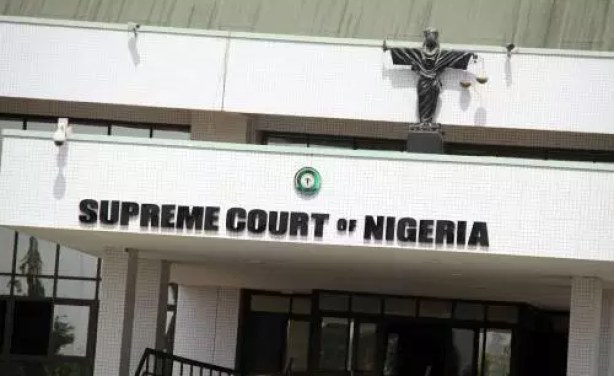SUPREME COURT JUDGMENT ON LOCAL GOVERNMENT AUTONOMY – A TURNING POINT FOR GRASSROOTS GOVERNANCE

SUPREME COURT JUDGMENT ON LOCAL GOVERNMENT AUTONOMY – A TURNING POINT FOR GRASSROOTS GOVERNANCE
In a landmark ruling that promises to reshape the structure of governance in Nigeria, the Supreme Court has directed the Federal Government to remit statutory allocations directly to local governments. Equally significant, the court barred state governors from dissolving democratically elected councils or appointing unelected administrators to oversee local government affairs.
This decision is a welcome development in the long-standing struggle for local government autonomy. Over the years, governors have wielded undue control over local councils, often appointing caretaker committees and withholding crucial funds meant for grassroots development. The Supreme Court’s intervention brings renewed hope for a more democratic, transparent, and accountable local government system.
The direct implications of this judgment are profound. First, it ensures financial independence for local councils, enabling them to manage funds without interference from state authorities. This will result in more timely and efficient execution of projects, improved service delivery, and better management of resources. Citizens at the grassroots level stand to benefit the most, as councils will now have the means and mandate to address local needs more effectively.
Secondly, the judgment reaffirms the constitutional provision for democratically elected local councils. By barring governors from dissolving councils or appointing unelected officials, it strengthens the democratic fabric of the country. It is expected that states will now prioritize the conduct of regular and credible local government elections, allowing citizens to choose their leaders and hold them accountable.
Additionally, the directive to withhold allocations from councils run by unelected administrators underscores the seriousness of the ruling. States that fail to comply with constitutional requirements by conducting elections will no longer receive federal funds for their local governments. This penalty provides a strong incentive for states to uphold democratic principles and respect the autonomy of local councils.
Moving forward, this ruling sets the stage for a new era in grassroots governance. It offers an opportunity for local councils to demonstrate responsible leadership, transparency in financial management, and a commitment to meeting the needs of their communities. However, the success of this transition will depend on the readiness of local government officials to rise to the occasion and deliver the much-needed dividends of democracy to their people.
The ruling also presents a challenge to citizens: to actively engage with their local governments, demand accountability, and participate in local elections. For too long, local governance has been neglected in public discourse, with most attention focused on the federal and state levels. This judgment serves as a reminder that real development begins at the grassroots, where local councils play a critical role in shaping the everyday lives of citizens.
The Supreme Court’s decision is not just a victory for local government autonomy; it is a victory for democracy. It is a call to action for all stakeholders—federal, state, and local—to respect the rule of law, uphold democratic values, and prioritize the welfare of the people.
This is a decisive moment in Nigeria’s democratic journey, one that could lead to a more balanced and inclusive system of governance. We look forward to the swift and full implementation of this judgment and urge all parties to work together in building stronger, more accountable local institutions.
As Nigeria moves forward, it is our hope that this ruling will mark the beginning of a new chapter in grassroots development, one characterized by greater autonomy, transparency, and a renewed focus on meeting the needs of ordinary citizens.
This editorial is published by News Corner Nigeria as part of our ongoing commitment to promoting democratic ideals and good governance.






